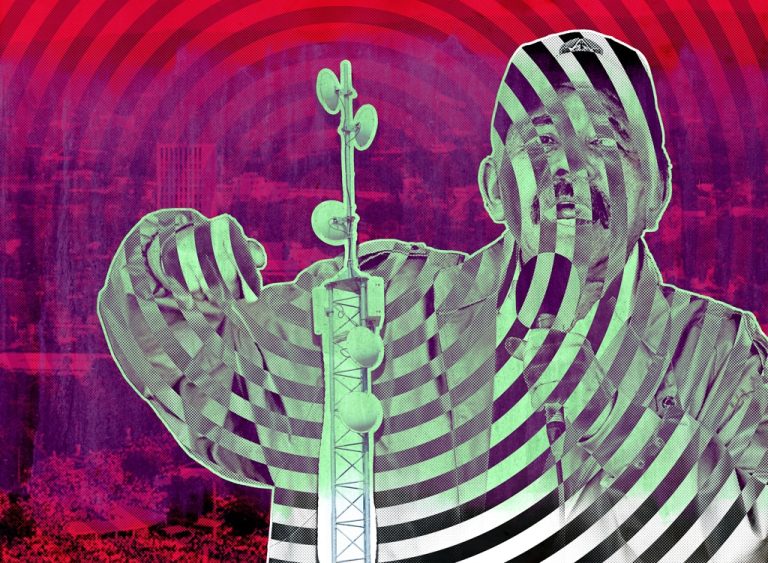6 de marzo 2023

The Return of the Military

PUBLICIDAD 1M
PUBLICIDAD 4D
PUBLICIDAD 5D
The PCIN organization stresses that, despite persecution, exiled journalists “fight censorship” and report on Nicaragua

Illustration: Confidencial
The organization of Independent Journalists and Communications of Nicaragua (PCIN) estimates that 34% of Nicaraguan colleagues have stopped practicing the profession and others have opted not to address political issues, as part of their protective measures in the face of constant attacks by the regime of Daniel Ortega and Rosario Murillo.
Nicaraguan journalism is “in crisis, but still in existence”, emphasizes Martha Irene Sanchez, of PCIN's executive committee. While it is true that “a good number of journalists in exile continue to fight censorship and do so by reporting on what continues to happen in Nicaragua”. We also “observe that some colleagues have self-censored”, she emphasized.
Since Ortega returned to the presidency in January 2007, his regime has declared “war” against the independent press, and a total of 57 media outlets have been closed.
PCIN presented the results of a study on media mapping on March 1, carried out with the purpose of knowing the conditions in which Nicaraguan journalists exercise their work and for which they interviewed a sample of 116 communicators. “We found that 34% of the journalists we consulted have stopped working,” said Sánchez.
This figure “is quite shocking to us because a single journalist who stops working is a hard blow to freedom of the press and freedom of expression”, she continued.
Among the journalists who have stopped working, there are those who are unemployed, and others who work in academic jobs that are not related to journalism or provide business communication services.
There are also journalists who “have chosen not to address issues that displease the regime, (mainly) political issues or those related to the human rights crisis that the country is going through”, explained Sanchez. “We know that these are valid actions, but we are alarmed,” she commented.
The PCIN is managing information so that the 21 journalists stripped of their Nicaraguan nationality – for denouncing the serious human rights violations being committed in Nicaragua from exile – can decide whether to adopt one of the nationalities offered by the governments of Spain, Chile, Colombia, Argentina, and Mexico.
The stripping of nationality “has had an emotional impact on the people affected, especially because most of them are in exile, some already had refuge in Costa Rica and others are in the process” and there is still “no clear position” of the Costa Rican Government, commented Sanchez.
The journalists or media workers stripped of their Nicaraguan nationality are:
Added to them, are employees of the Violeta Barrios de Chamorro Foundation:
And the drivers of La Prensa:
This article was originally published in Spanish in Confidencial and translated by our staff.
PUBLICIDAD 3M
Confidencial es un diario digital nicaragüense, de formato multimedia, fundado por Carlos F. Chamorro en junio de 1996. Inició como un semanario impreso y hoy es un medio de referencia regional con información, análisis, entrevistas, perfiles, reportajes e investigaciones sobre Nicaragua, informando desde el exilio por la persecución política de la dictadura de Daniel Ortega y Rosario Murillo.
PUBLICIDAD 3D